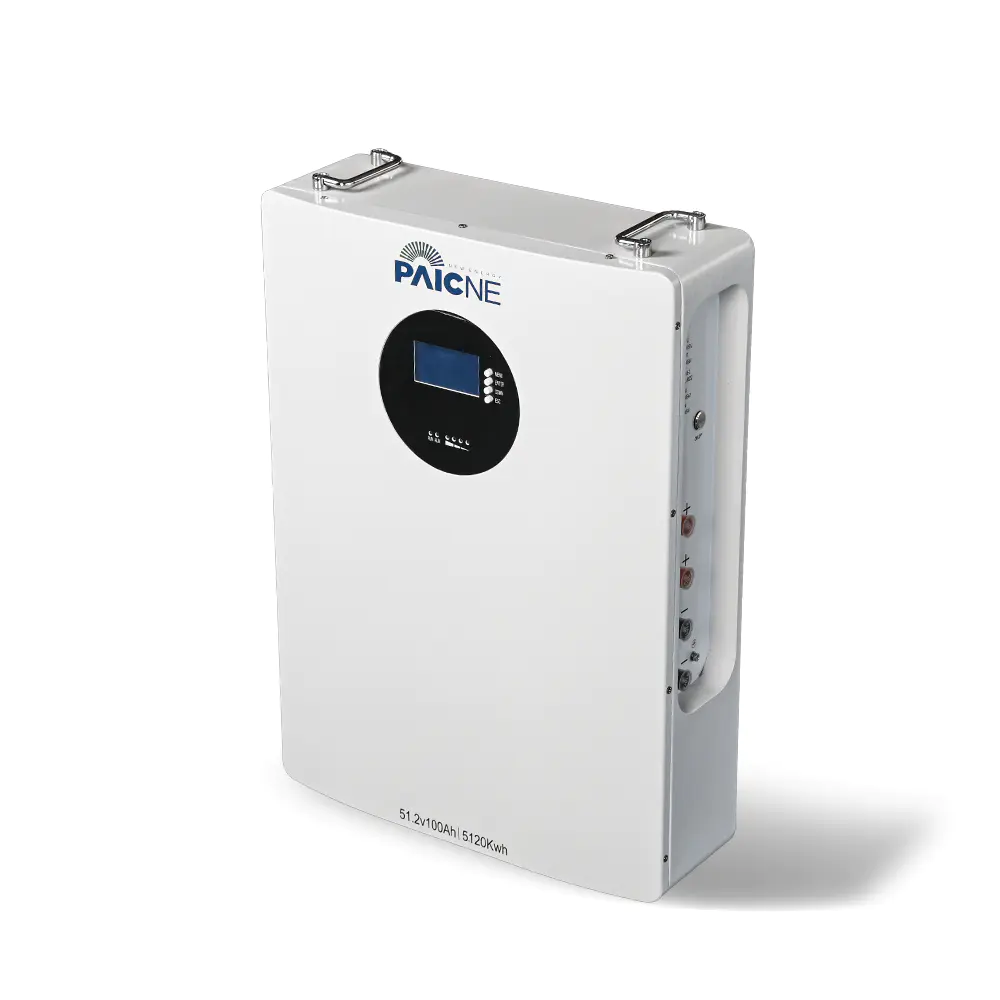As energy storage becomes increasingly important in residential and commercial settings, users are placing greater emphasis on the long-term durability of battery systems. Among the available options, the Wall Mounted Battery has gained popularity due to its compact form and easy installation. However, questions remain about how well these units withstand the test of time. This article explores the key factors that influence the durability of wall-mounted energy storage systems and what makes them a dependable choice for extended use.

Structural Integrity and Housing Materials
One of the main contributors to the durability of these batteries is the structural quality of their external enclosures. High-end models are typically constructed using corrosion-resistant materials such as aluminum alloys or powder-coated steel. These materials offer good protection against impact, rust, and environmental exposure. In addition, many units feature sealed designs with protective gaskets to shield internal components from dust, moisture, and debris, which further extends their operational life.
Thermal Management for Consistent Performance
Heat is one of the guiding causes of performance degradation in battery systems. A durable unit must effectively manage internal temperature fluctuations caused by charging and discharging cycles. Wall-mounted units are often equipped with either passive or active cooling features, such as heat-dissipating enclosures, built-in vents, or even fans in higher-capacity systems. By maintaining suitable operating temperatures, these systems reduce internal strain on battery cells, resulting in better long-term performance.
Battery Chemistry and Cell Quality
The longevity of any energy storage system heavily depends on the quality of its battery cells and underlying chemistry. Most modern wall-mounted units use lithium-ion technology due to its high energy density and extended cycle life. Premium systems utilize automotive-grade lithium cells, which are engineered to endure thousands of charge-discharge cycles with minimal degradation. The inclusion of a reliable Battery Management System (BMS) also plays a crucial role in ensuring the battery operates safely within defined parameters, thereby preventing overcharging, overheating, and deep discharges.
Environmental Resistance
Many Wall Mounted Battery systems are rated to withstand challenging environmental conditions. Units with high IP (Ingress Protection) ratings are resistant to both water and dust, making them suitable for installation in garages, basements, and even partially sheltered outdoor spaces. Additionally, UV-resistant coatings and insulated housings further protect these systems from environmental wear and tear over time.
Maintenance and User Practices
Although wall-mounted systems are designed for low maintenance, routine care can greatly impact their longevity. Keeping the unit clean, inspecting for physical damage, ensuring adequate airflow around the system, and adhering to manufacturer guidelines all contribute to maintaining good performance. Many systems come with monitoring apps or displays that provide diagnostics and alerts, allowing users to address minor issues before they escalate into significant problems.
Installation Quality and Location
Durability is not only determined by product design but also by how and where the system is installed. A securely mounted unit, placed away from bad temperature zones or direct exposure to elements, will naturally last longer. Proper installation also ensures that wiring connections remain secure and electrical loads are evenly distributed, which helps prevent unnecessary strain on the system.
Conclusion
The durability of a Wall Mounted Battery is the result of a well-engineered combination of materials, thermal management, protective design, and responsible usage. When sourced from reputable manufacturers and installed correctly, these systems offer dependable performance over many years, even in demanding environments. For users seeking a long-lasting energy storage solution, wall-mounted units represent a strong and efficient investment.
Get to know quickly
We are a professional lithium iron phosphate battery, solar energy storage system, industrial and commercial energy storage system manufacturer.
 +86-133 3592 3377
+86-133 3592 3377
 +86-4008833583
+86-4008833583
 Email: [email protected]
Email: [email protected]

Copyright © Zhejiang Paichen Energy Storage Group Co., Ltd All Rights Reserved.
Battery Energy System Manufacturer
